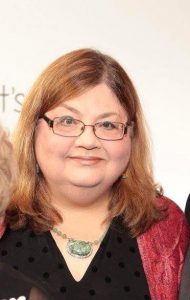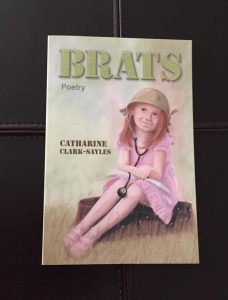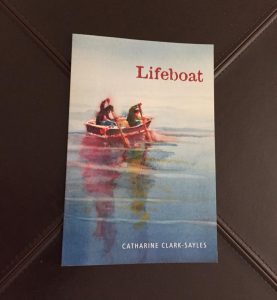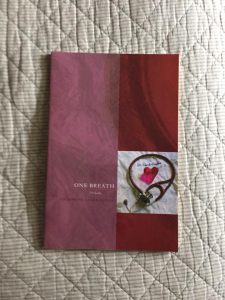
Catharine Clark-Sayles is a geriatrician practicing north of San Francisco. She traveled across the United States extensively with a military family while she was young, then became an Army doctor. When she turned forty she discovered that she had missed her twenties the first time around and reconnected with poetry to find them.
https://clarksayles.com/
Jim: Who first inspired you to write poetry?
Catharine:
When I was a child my grandfather, a Newspaper editor, sent me a book of Robert Frost poetry, You Come Too. I wrote on and off through childhood then stopped for years. The local weatherman was leading a three-day mini cruise to Ensenada and giving lectures on the weather. He asked us to write a poem and it reminded me of the pleasure.
Jim: You have written three books of poetry. The third book is due out soon. Please tell us about your newest work, Brats.
Catharine:
My dad was career military–started as a private in the Army Air Corps and retired with two stars from the Air Force Space Command. I was a military brat: a label of pride. It was not always the easiest way to grow up. These are poems from that experience. They are mostly narrative. Since I was an Army doctor, my first night on call felt like a new kid started over at a new base so there is a poem from that as well as a couple from my medical world.
Jim:
When I think of your poetry, William Carlos Williams enters my mind. He was also a medical doctor that took the time to write and publish his poetry. What value does the act of being a poet bring to your life?
Catharine:
Dr. Williams provided a model of a doctor having a full practice, writing poems and writing about the lives of his patients. For me, poetry has given me better listening and a better ability to explain. I joke that I am fluent in metaphor. I can wait better for the story of an illness to develop. No matter the identified set of symptoms, there is often a secret worry about what they mean that needs to be addressed to help heal.
Jim: What is the best way for a poet to gain a larger reading audience for their work?
Catharine:
I am not as good at this as I should be but I think you start locally, connect with your community, support other writers and send out good work regularly. Connect with a writing group through a class or a writers conference, go to open mic, send out work frequently and show up for other poets. Buy poetry books and give them as gifts. Let friends know you are interested in reading your work.




